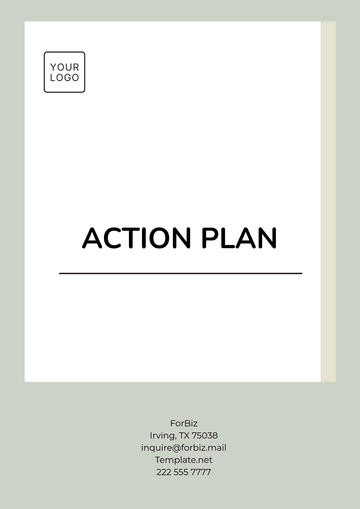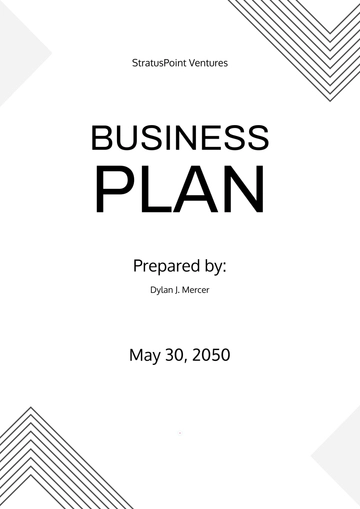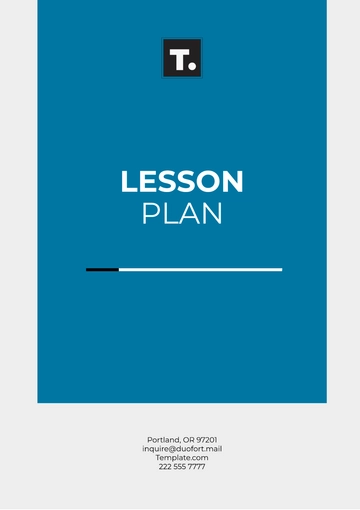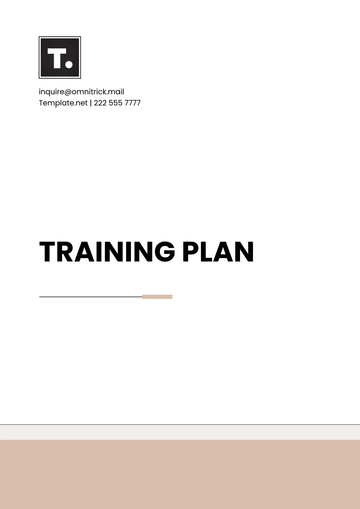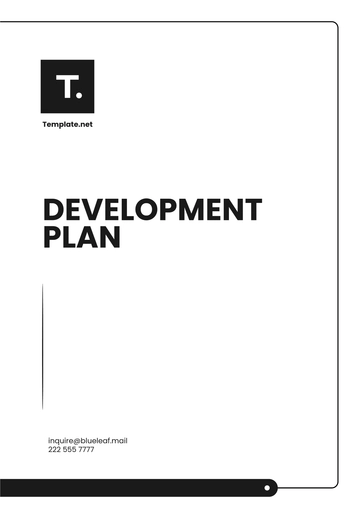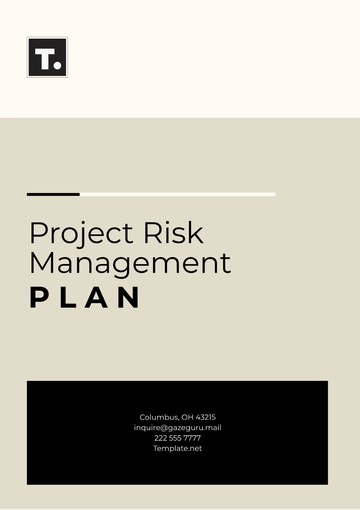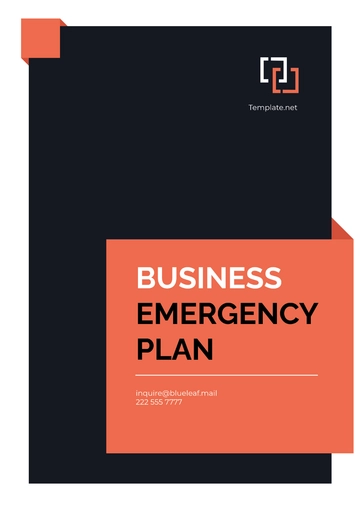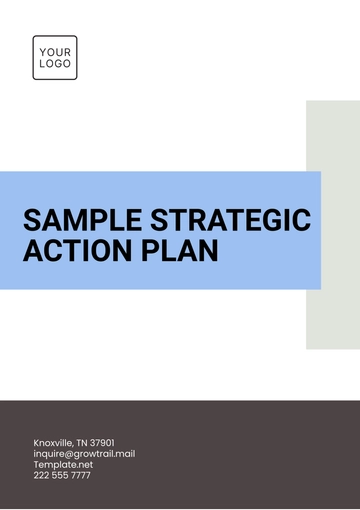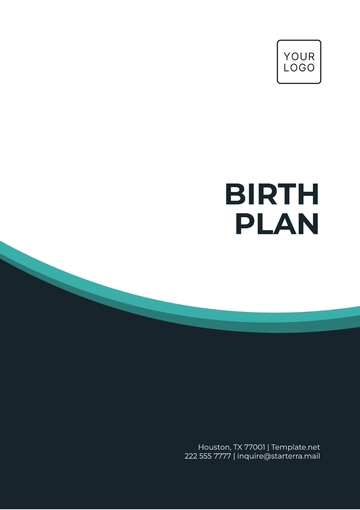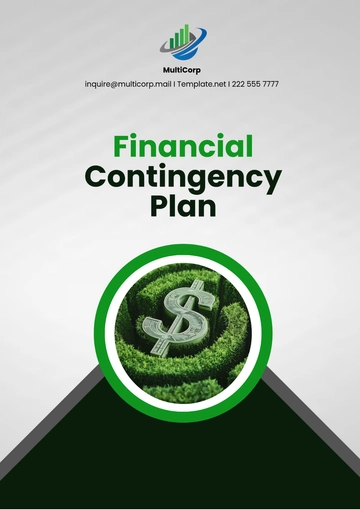Free Company Contingency Plan
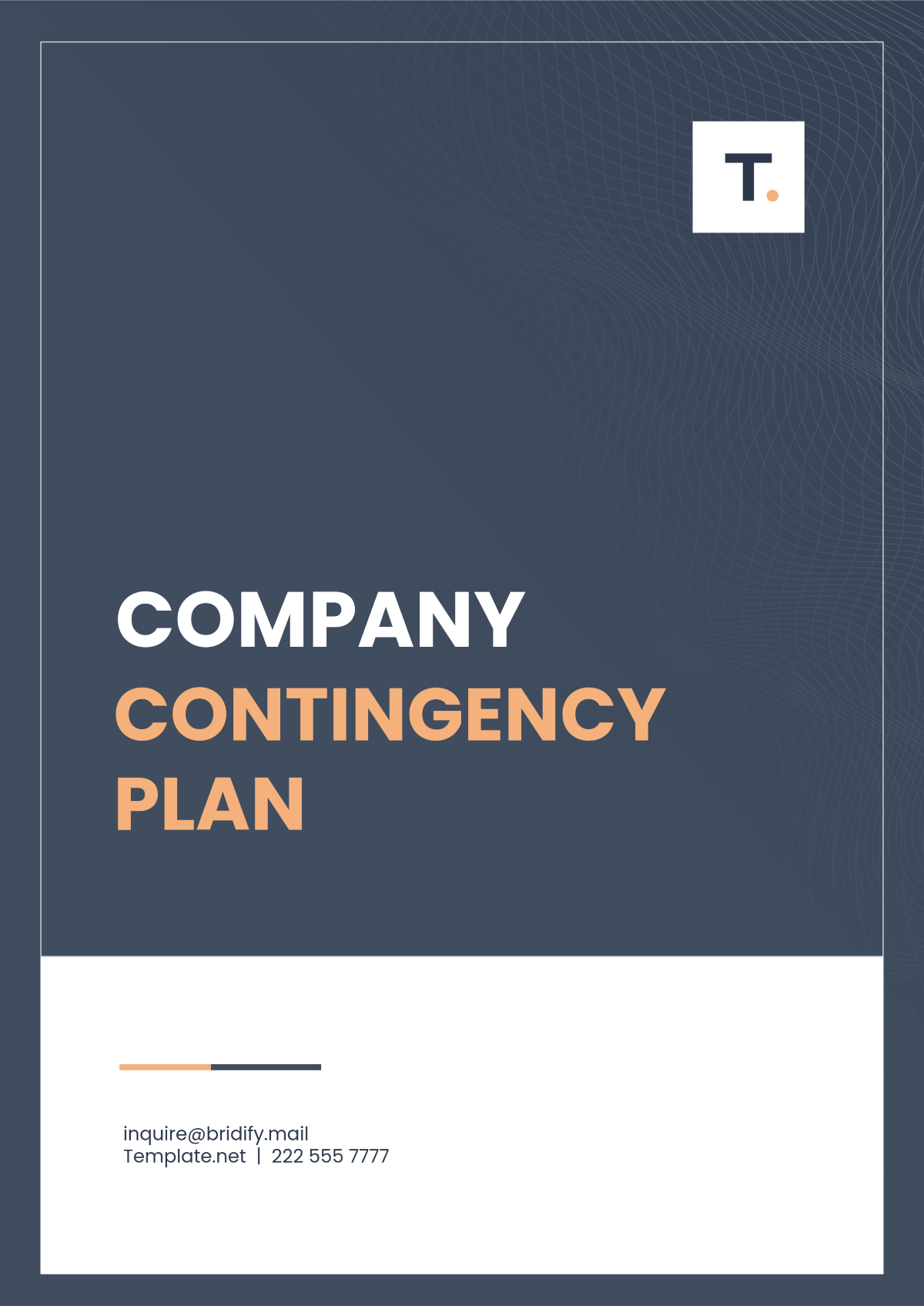
Prepared By: [Your Name]
Company: [Your Company Name]
Date: June 18, 2060
I. Introduction/Overview
This Contingency Plan defines our company's strategy for managing unforeseen events that could disrupt normal business operations. Its goal is to create a proactive framework that minimizes risks and ensures continuous business operations during crises. The plan covers all departments and locations, providing a unified approach to addressing any disruptions across our global operations.
II. Risk Assessment
To effectively prepare for potential disruptions, a detailed assessment of risks and vulnerabilities is imperative. Potential risks include:
Cybersecurity threats and data breaches
Natural disasters (earthquakes, floods, hurricanes, etc.)
Supply chain disruptions
Human resource challenges (strikes, pandemics)
Technological failures and infrastructure malfunctions
Each risk is evaluated based on its likelihood and potential impact on business operations. The risk assessment process is updated annually to incorporate new threats and improve mitigation strategies.
III. Roles and Responsibilities
During a contingency event, clearly defined roles and responsibilities are crucial for an orderly and efficient response. Key roles include:
Role | Responsibilities |
|---|---|
Chief Contingency Officer | Oversees the activation of the contingency plan and coordinates efforts across all teams. |
Incident Response Team | Executes specific procedures as per the plan to address the incident. |
Communication Officer | Manages internal and external communications to ensure timely information distribution. |
Department Heads | Ensure implementation of departmental response strategies and resource allocation. |
IV. Incident Response Procedures
The process for incident response involves a systematic approach tailored to different types of events:
Identify the nature and scope of the incident.
Secure affected areas and assets promptly.
Activate the incident response team and implement procedures.
Communicate with all relevant stakeholders and authorities.
Document actions and decisions for post-incident review.
V. Communication Plan
Effective communication is paramount during a contingency. The plan includes:
Internal Communication: All employees will be notified immediately through various communication methods, including sending out emails, broadcasting text alerts, and conducting team briefings.
Stakeholder Communication: Provide regular and detailed updates to shareholders, partners, and clients regarding the incident, as well as the measures being taken in response.
Media and Public Communication: Please collaborate and work closely with the Public Relations team to effectively handle and oversee the management of announcements and press releases.
VI. Resources and Support
To ensure an effective response, the following resources and support mechanisms are available:
Trained personnel ready to implement contingency measures
Adequate equipment and technology for response operations
Financial resources to cover unplanned expenditures during the event
External consultants and emergency services for specialized support
VII. Recovery Strategies
Post-crisis recovery involves restoring normal business operations promptly:
Conduct a thorough impact assessment to gauge operational disruptions.
Prioritize the restoration of critical functions to ensure minimal downtime.
Implement temporary solutions while permanent recovery measures are established.
Perform a comprehensive review and analysis to enhance future resilience.
VIII. Testing and Evaluation
Regular testing and evaluation ensure the plan’s effectiveness. The approach includes:
Annual full-scale simulations and drills to test response readiness
Periodic audits and assessments to identify potential improvements
Feedback loop from participants to refine procedures and strategies
Updating the plan biannually to reflect evolving risks and organizational changes
These steps ensure our contingency plan remains robust and capable of safeguarding our operations from future threats.
- 100% Customizable, free editor
- Access 1 Million+ Templates, photo’s & graphics
- Download or share as a template
- Click and replace photos, graphics, text, backgrounds
- Resize, crop, AI write & more
- Access advanced editor
Ensure business continuity with the Company Contingency Plan Template from Template.net. This editable and customizable template provides a comprehensive structure for addressing any crisis, including financial, operational, and security risks. Editable in our Ai Editor Tool, it can be quickly tailored to your company’s needs, ensuring you’re ready to face any unexpected disruptions.
You may also like
- Finance Plan
- Construction Plan
- Sales Plan
- Development Plan
- Career Plan
- Budget Plan
- HR Plan
- Education Plan
- Transition Plan
- Work Plan
- Training Plan
- Communication Plan
- Operation Plan
- Health And Safety Plan
- Strategy Plan
- Professional Development Plan
- Advertising Plan
- Risk Management Plan
- Restaurant Plan
- School Plan
- Nursing Home Patient Care Plan
- Nursing Care Plan
- Plan Event
- Startup Plan
- Social Media Plan
- Staffing Plan
- Annual Plan
- Content Plan
- Payment Plan
- Implementation Plan
- Hotel Plan
- Workout Plan
- Accounting Plan
- Campaign Plan
- Essay Plan
- 30 60 90 Day Plan
- Research Plan
- Recruitment Plan
- 90 Day Plan
- Quarterly Plan
- Emergency Plan
- 5 Year Plan
- Gym Plan
- Personal Plan
- IT and Software Plan
- Treatment Plan
- Real Estate Plan
- Law Firm Plan
- Healthcare Plan
- Improvement Plan
- Media Plan
- 5 Year Business Plan
- Learning Plan
- Marketing Campaign Plan
- Travel Agency Plan
- Cleaning Services Plan
- Interior Design Plan
- Performance Plan
- PR Plan
- Birth Plan
- Life Plan
- SEO Plan
- Disaster Recovery Plan
- Continuity Plan
- Launch Plan
- Legal Plan
- Behavior Plan
- Performance Improvement Plan
- Salon Plan
- Security Plan
- Security Management Plan
- Employee Development Plan
- Quality Plan
- Service Improvement Plan
- Growth Plan
- Incident Response Plan
- Basketball Plan
- Emergency Action Plan
- Product Launch Plan
- Spa Plan
- Employee Training Plan
- Data Analysis Plan
- Employee Action Plan
- Territory Plan
- Audit Plan
- Classroom Plan
- Activity Plan
- Parenting Plan
- Care Plan
- Project Execution Plan
- Exercise Plan
- Internship Plan
- Software Development Plan
- Continuous Improvement Plan
- Leave Plan
- 90 Day Sales Plan
- Advertising Agency Plan
- Employee Transition Plan
- Smart Action Plan
- Workplace Safety Plan
- Behavior Change Plan
- Contingency Plan
- Continuity of Operations Plan
- Health Plan
- Quality Control Plan
- Self Plan
- Sports Development Plan
- Change Management Plan
- Ecommerce Plan
- Personal Financial Plan
- Process Improvement Plan
- 30-60-90 Day Sales Plan
- Crisis Management Plan
- Engagement Plan
- Execution Plan
- Pandemic Plan
- Quality Assurance Plan
- Service Continuity Plan
- Agile Project Plan
- Fundraising Plan
- Job Transition Plan
- Asset Maintenance Plan
- Maintenance Plan
- Software Test Plan
- Staff Training and Development Plan
- 3 Year Plan
- Brand Activation Plan
- Release Plan
- Resource Plan
- Risk Mitigation Plan
- Teacher Plan
- 30 60 90 Day Plan for New Manager
- Food Safety Plan
- Food Truck Plan
- Hiring Plan
- Quality Management Plan
- Wellness Plan
- Behavior Intervention Plan
- Bonus Plan
- Investment Plan
- Maternity Leave Plan
- Pandemic Response Plan
- Succession Planning
- Coaching Plan
- Configuration Management Plan
- Remote Work Plan
- Self Care Plan
- Teaching Plan
- 100-Day Plan
- HACCP Plan
- Student Plan
- Sustainability Plan
- 30 60 90 Day Plan for Interview
- Access Plan
- Site Specific Safety Plan

